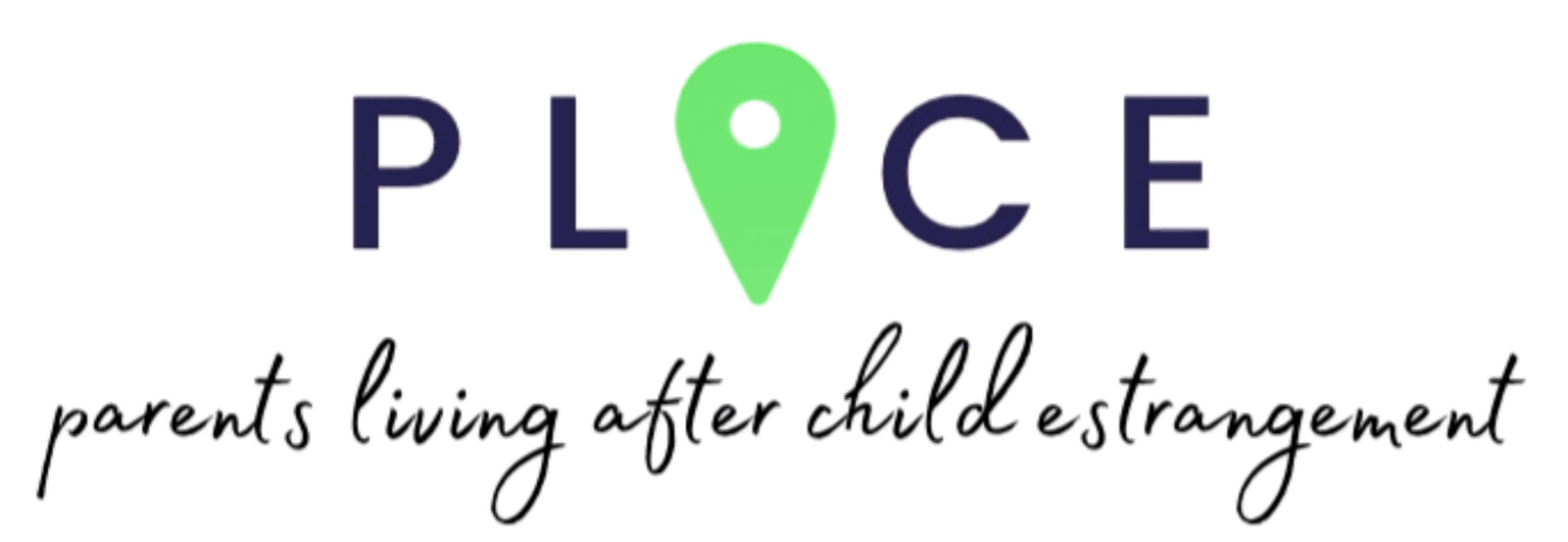Hi, I’m Brian Briscoe.
If you’ve typed those words—“estranged from adult child help”—into a search bar, I want to say: I see you. You’re likely feeling confused, heartbroken, maybe even desperate. And you’re not alone.
I created PLACE (Parents Living After Child Estrangement) because I know how devastating this journey can be—and how little real support is out there for parents who are trying to make sense of it all. Whether your estrangement happened suddenly or after years of tension, there is help. There is hope. And there is a way forward that protects both your dignity and your heart.
Let’s talk about what to do when you feel like your own child has disappeared—not physically, but emotionally—and how to survive, heal, and grow from the pain.
Understanding Estrangement from an Adult Child
Estrangement is different from a typical family conflict or falling out. It’s not a rough patch. It’s an emotional cutoff—sometimes with a clear explanation, sometimes without any closure at all.
You may be dealing with:
- No contact: Your adult child has blocked you on phone, email, and social media.
- Minimal contact: The relationship exists in name only—short texts, strained holidays, or only emergency communication.
- Emotional distance: You’re not “cut off,” but you’re shut out of their life.
Common Reactions from Parents
If this is your experience, you might be feeling:
- Grief (like a death with no funeral)
- Shame (“What did I do wrong?”)
- Rage (“How could they do this after all I’ve done?”)
- Isolation (You may not feel safe telling friends or family)
- Self-doubt (Questioning every parenting decision you ever made)
Let me say this clearly: these feelings are valid. You’re grieving the loss of connection. You’re trying to rewrite your story without a person who meant the world to you.
Why Does Estrangement Happen?
Every estrangement has a different story. Sometimes the reasons are clear—abuse, betrayal, long-standing trauma. Other times, it’s confusing and heartbreaking because the “why” is murky.
Here are a few common contributing factors:
1. Unresolved Conflict or Miscommunication
Sometimes the adult child feels unheard, invalidated, or controlled—and rather than working through it, they disconnect entirely.
2. Generational Differences in Emotional Language
You may have shown love through action, provision, or discipline—while your child expected emotional availability, validation, or gentler communication.
3. Influence from a Partner or Therapist
Some adult children cut contact after entering therapy or a new relationship, often as a form of boundary-setting or self-protection.
4. Mental Health or Substance Use
Either the parent or child may be struggling with untreated issues that make communication feel unsafe or impossible.
5. Historical Trauma or Family Patterns
Estrangement is rarely about just one event. It’s usually the culmination of unresolved pain, sometimes passed down through generations.
Knowing why it happened is useful—but fixating on that question can keep you stuck. Healing starts when you shift the question from “Why did this happen?” to “How can I move forward with integrity and care?”
What NOT to Do When Estranged
When parents reach out to me in early estrangement, there’s often a frantic urgency: “What do I say to make this stop?” Unfortunately, there are no quick fixes—but there are things that can make it worse.
❌ Don’t flood them with messages.
Multiple calls, emails, or texts can feel overwhelming—and can reinforce the distance.
❌ Don’t defend yourself too early.
Even if you disagree with their version of events, resist the urge to justify everything right away. Listening must come first.
❌ Don’t go through it alone.
Shame and silence are common, but isolation makes the pain sharper. You need community, not secrecy.
❌ Don’t abandon your own needs.
Many parents become consumed by the estrangement and forget to eat well, sleep, move their body, or seek their own joy. You matter too.
What You Can Do Instead
✅ Take a Step Back and Breathe
Before rushing to repair the relationship, take a moment to tend to you. Let your nervous system settle. Let the fog clear. Estrangement can hijack your sense of safety. Regaining emotional regulation is key to clarity and connection.
✅ Reflect, But Don’t Self-Destruct
Ask:
- “Are there patterns I’ve repeated that may have hurt them?”
- “Where might I have been too rigid? Too lenient? Too reactive?”
- “How did my own upbringing shape how I showed up?”
This isn’t about blame—it’s about understanding. Self-reflection builds empathy and equips you for a potential future conversation.
✅ Practice Non-Defensive Communication (If the Door Is Still Open)
If you are in any contact, try this:
- Acknowledge their experience without inserting your version.
- Express love without pressure.
- Leave space for silence without pushing for resolution.
Example:
“I’m sorry for the ways I hurt you. I may not fully understand, but I want to. I care deeply and am here if and when you ever want to talk.”
✅ Get Support Just for YOU
Estranged parents often need their own space to grieve, process, and rebuild. That’s what we offer at PLACE: peer support, therapy, and coaching designed specifically for parents who are navigating the wilderness of estrangement.
You don’t have to fix this overnight. You just have to start healing one layer at a time.
What Healing Can Look Like
Estrangement feels like the end—but it can also be a beginning. Not necessarily a beginning of reconciliation (though that’s possible)—but of:
- New emotional boundaries
- Self-trust
- Clarity about your own story
- Peace with your past
- Rediscovering joy, creativity, and meaning
Whether your child returns or not, your healing matters. Your dignity matters. Your ability to love and be loved still exists.
Will They Ever Come Back?
One of the hardest parts of estrangement is the not knowing.
Some adult children do return. Sometimes it’s years later. Sometimes it’s after therapy, a major life event, or a moment of reflection. Sometimes there’s an apology. Other times, there’s just a slow re-opening.
But here’s the most important thing I can tell you:
You don’t have to put your life on pause while you wait.
Live now. Grieve, yes. Reflect, yes. But also build friendships, explore hobbies, enjoy nature, join a community, go to therapy, sing out loud, write your story, find beauty again.
Because even if they never come back, you still deserve a whole and meaningful life.
How PLACE Can Help
PLACE (Parents Living After Child Estrangement) was built with one mission: to support and empower estranged parents without blame or shame.
Here’s how we help:
- Weekly Peer Support Groups: Three virtual groups each week where you can speak freely, listen deeply, and belong.
- One-on-One Estrangement Coaching: Personalized guidance to navigate communication, boundaries, grief, and reconnection.
- Private Therapy (for Texas residents): Trauma-informed, emotion-focused therapy with someone who understands the terrain.
- The PLACE Book: Written by me—part guide, part story, all heart.
- Resources & Newsletters: Practical insights delivered with care.
Final Words: You Are Not Alone
If your child won’t speak to you… if every birthday, holiday, or random Tuesday aches… if you don’t know what to do next…
You are not broken.
You are not alone.
You are not without hope.
Estrangement hurts—but it doesn’t get to define the rest of your life. Help is here. Healing is possible. And you are worthy of love, joy, and belonging—even in this.
Let’s walk this road together.
—Brian








